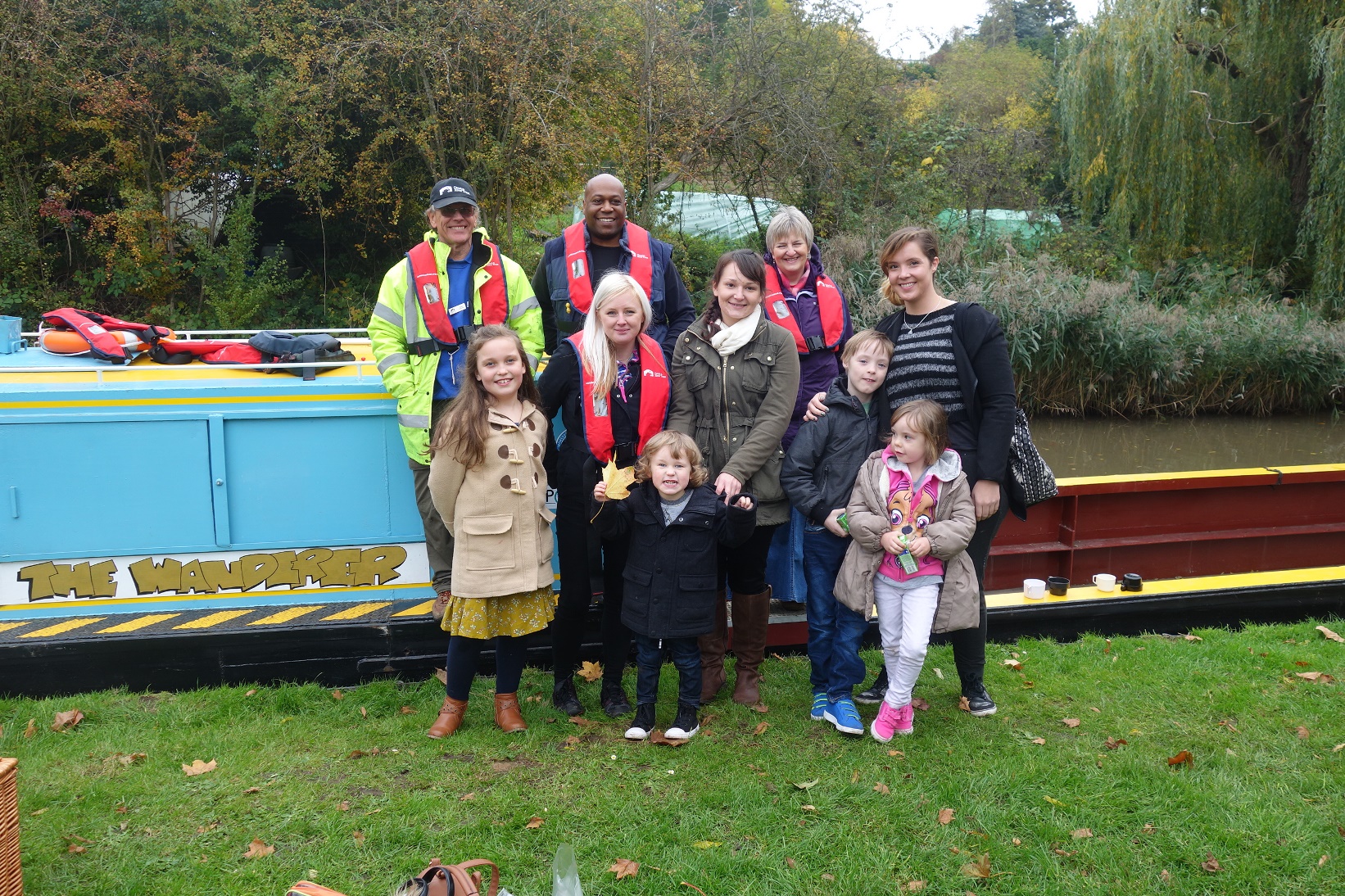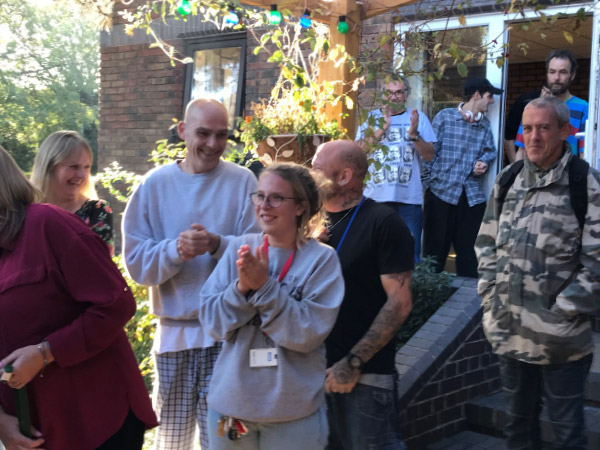
Adverse Childhood Experiences (ACE’s)
Providing accommodation alone is not always the answer. Research shows that an individual’s homeless situation is very often the result of underlying causes and past experiences. Therefore by simply providing accommodation alone, addresses the symptom and not necessarily the cause.
At St Paul’s, we focus not only on supporting an individual’s housing crisis but also on helping them understand, address and manage the underlying reasons or causes of it.
The understanding of ACE’s is fundamental to our service delivery. Combining this and the TIC approach enables us to address the impact of adverse experiences and equip residents with the required skills to deal with them. We also provide specialist resources to ‘fill the gaps’ that are outlined below.

In November 2019, the Department of Health & Social Care Reviews Facility, in collaboration with the Institute of Education, ePPI Centre, London School of Hygiene & Tropical Medicine and the University of York reviewed ACEs for the purpose of supporting national policy development and implementation. They published “What helps to support people affected by Adverse Childhood Experiences?” This highlighted that the most profound impacts of ACES include low self-esteem, social wellbeing, emotional distress and mental health problems.
To understand what Adverse Childhood Experiences are watch these videos.
The ACE Primer takes an approach by looking at the original study while the Adverse Childhood Experience video captures from the perspective of the child.
Both are valid, insightful and offer an understanding of this aspect health inequalities.